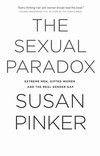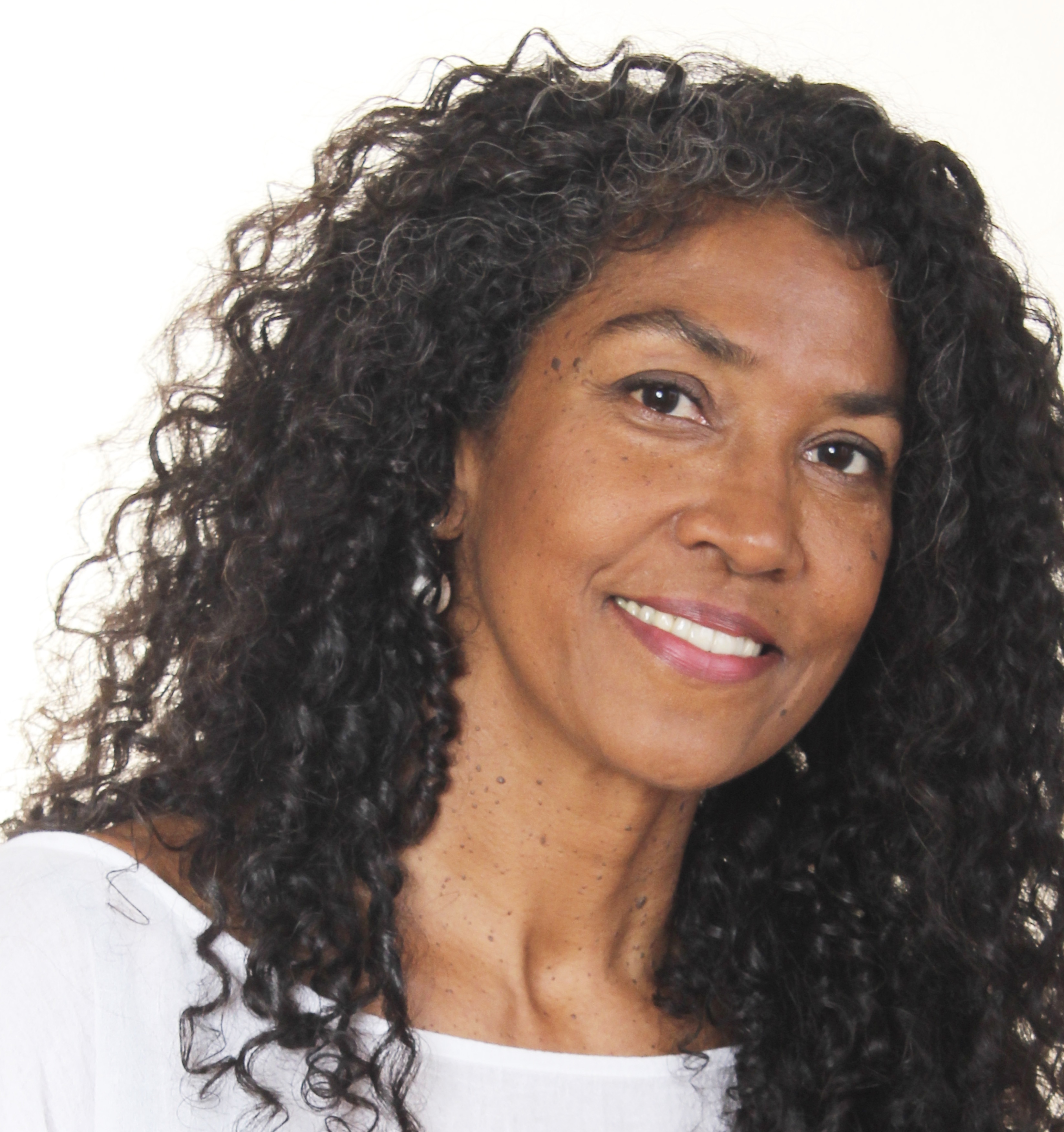
The Sexual Paradox: Extreme Men, Gifted Women And The Real Gender Gap
Susan Pinker
Random House of Canada
$34.95
cloth
346pp
978-0-679-31415-8
As a practicing clinical psychologist, mother of three, and biweekly columnist for the Careers Section of The Globe and Mail, Pinker already seems plugged in-and not lacking in motivation either. In her Problem Solving column, she’s great at offering advice to individuals with sticky workplace problems, and in The Sexual Paradox, her new book, she tackles the complicated subject of sex differences in order to shed light on why career differences between men and women still exist in spite of widespread gender equity policies.
Part of the issue is that we’re still judging things by what Pinker dubs the “vanilla male model”: a framework that uses men as the generic standard. In this view, women who are afforded the same opportunities as men will behave like men. But if this were really the case, there would be a 50-50 split in all occupations-a balance that simply isn’t happening.Although the discrepancy seems to suggest discrimination, Pinker believes we shouldn’t be so quick to judge.
“I’m not arguing that discrimination doesn’t exist. I think discrimination does exist. I just think it’s not the whole story, and there are other interesting parts of the story, and it’s time to move forward and recognize some of the science that has only emerged in the last five or ten years. We didn’t have it at our fingertips in the seventies.”
The story that’s emerging, according to The Sexual Paradox, is that, like it or not, biology does play a role in cognitive development and career selection. Women, on average, tend to favour people-based jobs where human interaction and social responsibility come to the forefront. They are also less likely than men to subject themselves to gruelling workweeks for the rewards of a high paycheque. But if women are opting for less lucrative fields and choosing to work part-time in order to pursue other interests or raise a family, then it might not be only the glass ceiling contributing to the salary gap.
And it isn’t that women don’t excel at math and science, either. In fact, The Sexual Paradox points out that women often thrive in academic settings, and in school, they outstrip the males at such a pace that many institutions of higher education now employ affirmative action admission strategies for males in order to achieve gender balance in the student body. But in general, in spite of ability and rabid recruitment strategies, fewer women than men are choosing to go into male-dominated fields such as engineering, physics, and computer science, and there are still far fewer female than male CEOs.
According to Pinker, this goes back to the fact that women are choosing careers that emphasize people over things. Women are also less likely to thrive on risk and competition. A study by economists cited in The Sexual Paradox found that men and women had the same success rate in solving timed mathematical problems in a scenario in which each competitor was paid per correct answer. But given the option, the men were 40 percent more likely to choose a winner-takes-all model of the game, in which only the individual with the most correct answers receives a prize. The researchers found that even men who were less skilled at addition (and thus more likely to lose) were more eager than women to compete under these circumstances.
Pinker suggests that ignoring these temperament differences may actually hurt women in the long run, especially in the workplace, where advancement often depends upon blowing one’s own horn .”What’s happening now,” she explains, “is if we expect women to behave like men, and they don’t negotiate aggressively for salaries, then they’re going to come out behind because they’re not going to ask for the same types of raises. They’re not going to go into salary negotiations in the same way, so they’re going to take a hit. My view is that by pretending this doesn’t exist, you’re more or less allowing this to happen-instead of saying, ‘We know women aren’t going to negotiate, so how are we going to give them a leg up?’ Or, ‘We know women are less likely to throw their hats in the ring for a new promotion or a new project, so how are we going to go and solicit the talented women that we recognize out there in the talent pool?'”
Charming and diplomatic as she is, it’s hard to imagine Pinker giving offense, but she admits she was uneasy about the potential backlash of publishing. In January 2005, after she’d started work on The Sexual Paradox, then-president of Harvard University Larry Summers made comments about sex differences that sparked a flurry of news stories as well as widespread outrage. A year later, he was forced out, in spite of support from experts who pointed out the scientific basis for his comments.
“I’m not as lofty a person as Larry Summers,” says Pinker with a wry smile. “So if they can crucify him, what were they going to do to me?”
Biological determinism is a touchy subject, and The Sexual Paradox has received what Pinker describes as “some very splintering, blistering reviews, especially in the UK press.” But Pinker is always careful to emphasize that, as she is writing about groups averages, her findings will not hold true for every individual. She also points out that there is no prescriptive agenda to the research itself.
“I think that’s where the confusion is,” she surmises. “There’s a kind of blurring between the empirical data that we have and what people would like to see happen.” She believes that some of her critics haven’t read the book all the way through. “Their notion is that this message can be badly abused,” she explains, “but I actually spill a lot ink to say that I’m not saying that mothers should stay home and should be barefoot in the kitchen. If I did say that, I’d be a hypocrite, because I haven’t done that myself.”
In terms of her own career trajectory, Pinker reveals psychology wasn’t always her first choice. “I wanted to be a writer,” she admits. “But I came to it late because, being a child of second wave feminism, I thought I actually had to make a living, and being a writer is not always the path to solvency. I thought I had to support myself. So I would say that this particular project and juncture is more serendipitous than anything else.”
And as for the book, Pinker just hopes people will read it: “I’d like people to make up their own minds. I wrote it to be read and enjoyed.” mRb






0 Comments